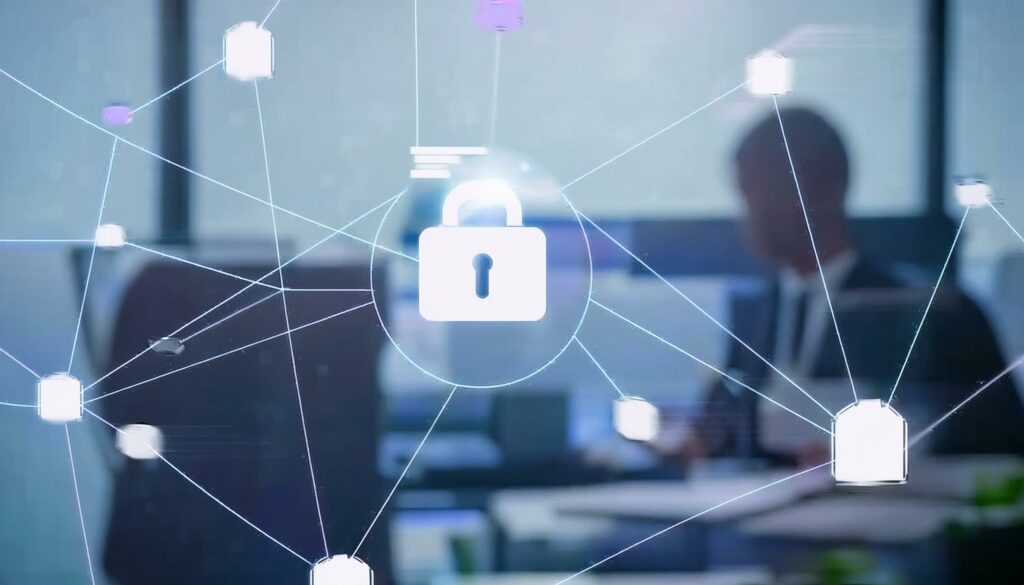Quantum cryptography definition
Quantum cryptography, also called quantum encryption, applies principles of quantum mechanics to encrypt messages in a way that it is never read by anyone outside of the intended recipient. It takes advantage of quantum’s multiple states, coupled with its “no change theory,” which means it cannot be unknowingly interrupted. Also, you can purchase CSOV from here! You can look into Computerbilities, Inc. home page for more IT service solutions.
Performing these tasks requires a quantum computer, which have the immense computing power to encrypt and decrypt data. A quantum computer could quickly crack current public-key cryptography.
Why quantum cryptography is important
Companies and governments around the world are in a quantum arms race, the race to build the first usable quantum computer. The technology promises to make some kinds of computing problems much, much easier to solve than with today’s classical computers.
One of those problems is breaking certain types of encryption, particularly the methods used in today’s public key infrastructure (PKI), which underlies practically all of today’s online communications. “I’m certainly scared of what can be the result of quantum computing,” says Michael Morris, CEO at Topcoder, a global network of 1.4 million developers. Topcoder is part of Wipro, a global consulting organization. It’s also working on finding solutions to quantum computing programming challenges.

